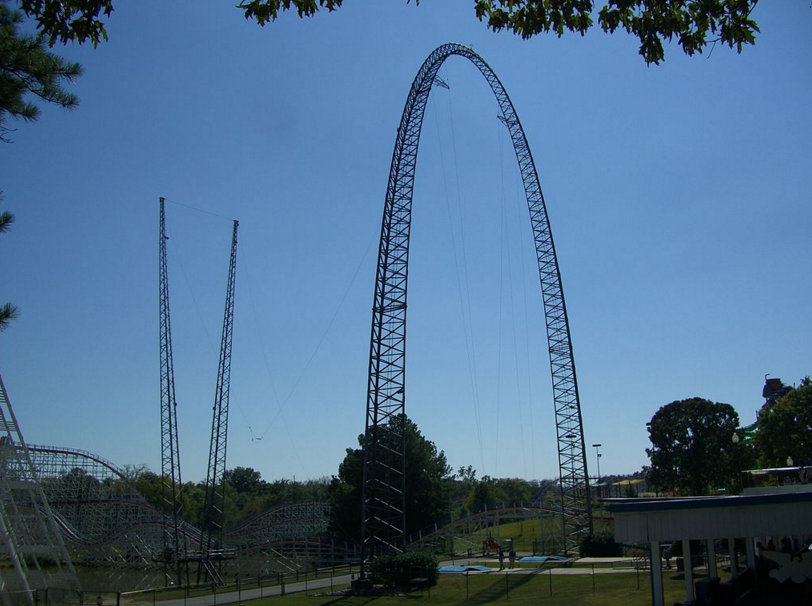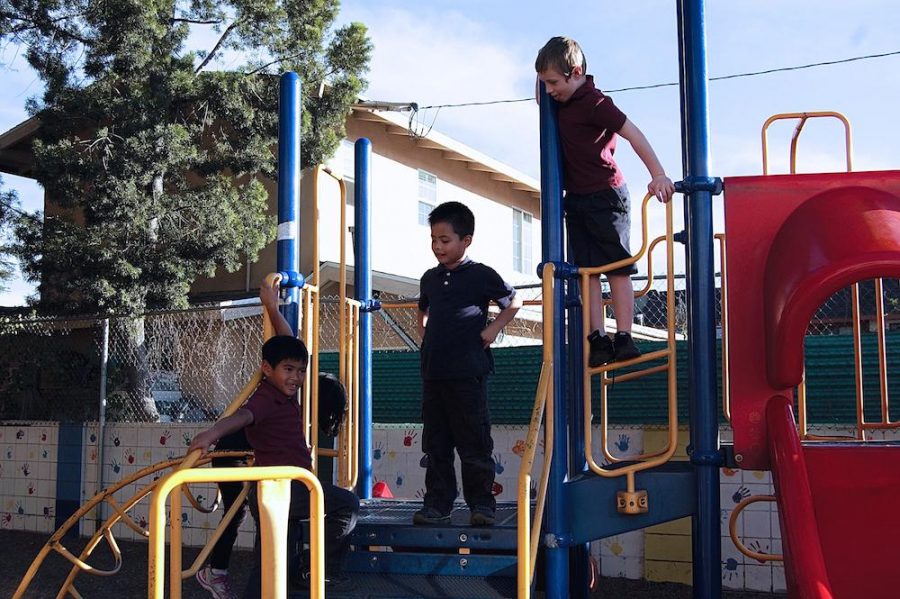(February 28 2013) — A few years ago, it was difficult to imagine what could be more damaging to the earth and people’s health than the extraction and use of conventional oil. Lessening our dependence on oil seemed possible a few months ago, what with Republican presidential-hopeful Mitt Romney of all people talking about the need for green jobs. The Keystone pipeline has ruined these hopes. If the State Department and the president approve this project, half the amount of oil the US receives from the Middle East — 700,000 barrels per day — would be brought in from Alberta, Canada to the Gulf Coast, according to the National Journal. The catch? That oil is tar-sands oil, the extraction and production of which emit significantly more greenhouse gases than for conventional oil. President Obama has not yet taken a stance, but more than 40,000 protesters did on Feb. 17 in Washington, D.C. Their hope was to urge the president to take action on a number of issues related to climate change, the most significant of which was the pipeline and fracking, a method of oil extraction that results in fractured land (hence the name) and air and water pollution. It’s very possible that, if the pipeline project is passed, at the encouragement of many Republicans and industry and labor groups, the tar-sands oil will be extracted by fracking, making the proposed project doubly worse. Small parts of the project are already under construction, even though the pipeline has not yet been approved. It’s understandable why some people support this pipeline. We, unfortunately, have to get oil from somewhere, and it does make sense for the provider to be a neighboring country. But the problem is more subtle: this pipeline would instill complacency in the minds of those politicians and people who don’t realize the damage this pipeline will cause. To them, it would solve the problem entirely, while to everyone else, it would create an entirely new one. The real problem is that we have a oil dependency at all, not just that it’s a foreign oil dependency. It is not even worth the creation of a few thousand jobs if, in the process, we will be causing an incredible amount of destruction. Instead of regressing into a more permanent state of apathy, we need to focus our energies and resources on creating green and sustainable jobs and practices. It is going to be more difficult than ever before in today’s technological haze to remain aware of (or even care about) our environmental responsibilities; this pipeline is only going to make it more difficult to do so.
Categories:
Pipeline will foster more apathy
February 28, 2013
More to Discover








